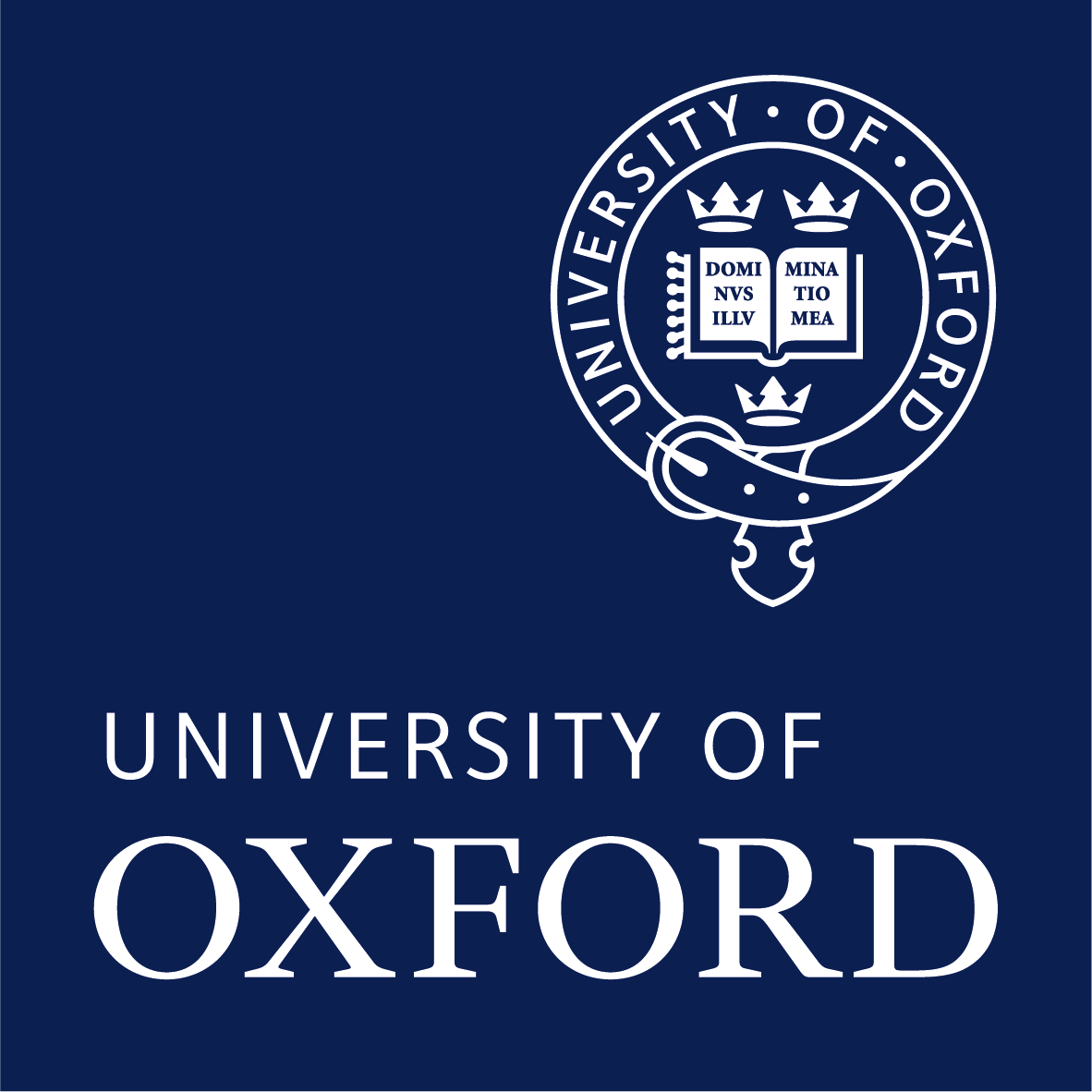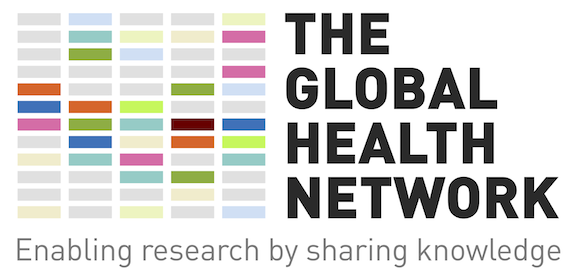|
Duration: Certification: Related Resources: QUESTION SETTING AND STUDY DESIGN STUDY IMPLEMENTATION AND OPERATIONS RESEARCH MANAGEMENT AND GOVERNANCE |
This course places informed consent within its historical context and outlines the regulations, guidelines and processes which arose from this background. The primary aims of informed consent are to protect the research participant from misinformation, exploitation and coercion. This course offers an introduction to the processes and wider factors which need to be taken into consideration when involving participants in clinical research. The course is aimed at everyone involved in clinical research.
Objectives
Upon completion of the course you will have gained an understanding of:
- The events that lead to the development of universal research ethics
- Why informed consent is necessary and the guidelines that brought it about
- What is involved in taking informed consent from a potential study participant and the information they should be provided with
- Who is, and is not, eligible to sign a consent form
- Language that should not be used when asking an individual to enrol in a study
- The options that are available for non-paper based communities
- Points to be taken into account when taking consent
Congratulations! You are about to start a free course, a donation would help keep this access free for you, and everyone across the world.

Acknowledgements
The Global Health Training Centre is built through the support and partnership of the World-Wide Antimalarial Resistance Network and the East African Consortium for Clinical Research.
Editor:
- Mary Logan - Global Health Network Training Manager
Reviewers:
- Steve Wandiga - Kenya Medical Research Institute (KEMRI)/Centers for Disease Prevention and Control (CDC) - KEMRI/CDC Research and Public Health Collaboration, Kisumu, Kenya.
- Andy Burke - CTSU, University of Oxford
Funders:
This course has been funded by the WorldWide Antimalarial Resistance Network (WWARN)
Source Material:
Material for this course is taken from material very kindly supplied by the The MRC, Gambia from their taught course ‘Informed Consent’.
Use and reproduction of these e-learning materials:
These e-learning materials are owned by The Global Health Network. You are free to share or adapt this material but you must attribute it to The Global Health Network using the link www.theglobalhealthnetwork.org.
For further information please see our FAQ page.
|
|

